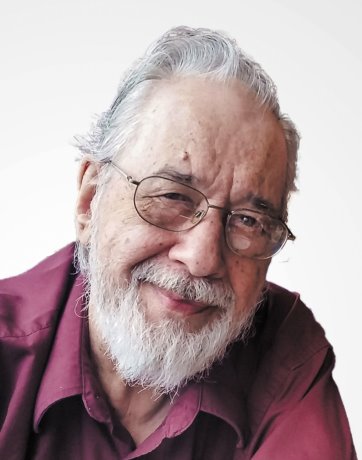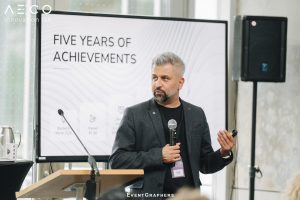Engineers at Oregon State University have created a new computer modelling package that people anywhere in the world could use to assess the potential of a stream for "run of river" hydropower.
Run of river hydro is often thought of as being something important in the developing world. It’s simple, cheap, with a small environmental footprint and it doesn’t require construction of large dams to hold the huge quantities of water needed to spin the turbines in a conventional hydroelectric plant.
The Oregon system is said to be easy to use. It doesn’t require data that is often unavailable in foreign countries or remote locations. And it can let the user consider hydropower potential, not only now, but in the future as projected changes in climate and stream runoff occur.
Engineers who worked on the modelling tool say that people, agencies or communities interested in the potential for small-scale hydropower development can much more easily and accurately assess whether a stream would meet their current and future energy needs.
The new technology was field-tested at a five-megawatt run of river facility built in the early 1980s at Falls Creek, in central Oregon’s Cascade Range.
At that site, it projected that future climate changes will shift its optimal electricity production from spring to winter and that annual hydropower potential will decrease slightly from the conditions that prevailed from 1980 to 2010.
Most previous assessment tools used to assess specific sites for run of river potential have not been able to consider the impacts of future changes in weather and climate, researchers said, and are far too dependent on data that is often unavailable in developing nations.
But it’s not just developing nations that might be interested.
Run of river hydro has flown below the public’s radar in Canada for years. But it is a significant share of the power Hydro Ottawa feeds into the Ontario grid.
Hydro Ottawa is a city-owned utility that generates part of the power it sells from its generators at the Chaudière Falls on the Ottawa River, in the shadow of Parliament Hill.
Last year, the utility acquired more run of river plants, both in Ontario and upstate New York. The purchase was part of a four-year plan to increase its offerings of renewable energy to about 25 per cent of its overall energy mix.
With the purchase, it now owns run of river plants in Kingston, Gananoque, Rideau Lakes and South Crosby, as well as its Ottawa facility. It now owns installed output of 39 megawatts. As well as run of river plants, Hydro Ottawa also has gas-to-energy plants at landfill sites in Ottawa and in Moose Creek, southeast of the city.
The run of river plants in upstate New York will feed into the U.S. grid; Hydro Ottawa feeds the Ontario grid.
Hydro Ottawa ownership has been a boon to the city. In 2014, for example, it returned $18.2 million to the city, its only shareholder.
Run of river is common in British Columbia, with its abundance of fast-flowing mountain streams and rivers. There are dozens of these small generating facilities with an installed capacity of more than 900 megawatts.
The Fitzsimmons Creek facility is a 7.5-megawatt plant right in the Whistler Blackcomb ski resort and it produces enough power to cover the annual energy consumption at the site.
So run of river works. It’s here, now, and as we face an era of melting glaciers and reduced snowpacks it may be a good idea to develop more such plants. But because of the uncertain future of many of our streams, an assessment tool would be good to have.
And that brings us back to the decision tool developed at Oregon State.
It’s a free, open-source software program. And it’s available to anyone simply by asking. Contact Kendra.sharp@oregonstate.edu.
Korky Koroluk is an Ottawa-based freelance writer. Send comments to editor@journalofcommerce.com.











Recent Comments
comments for this post are closed